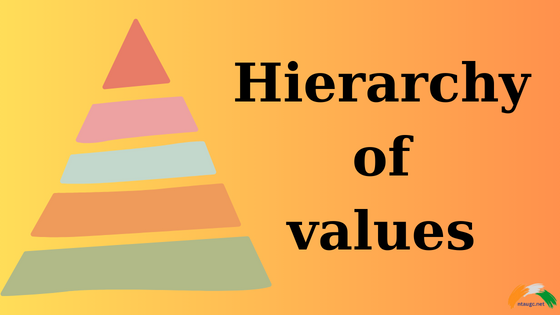Embarking on the journey of understanding legal analysis brings us to the fascinating concept of the Hierarchy of Values, a framework popularized by Myres McDougal, a distinguished professor at Yale Law School and New York Law School. In this blog post, we will unravel the layers of this concept, exploring how it shapes judicial decision-making and the intricacies it introduces to the field of law.
The Foundation: An Ordered List of Social Values
The Hierarchy of Values is not just an abstract notion; it serves as a structured guide influencing the decisions made in the intricate world of legal analysis. McDougal’s framework outlines four distinct categories, each carrying its weight in the deliberation of justice:
- The Value of Pleasure and Displeasure:
- Exploring how individual and societal experiences of pleasure and displeasure impact legal decisions.
- Real-world examples showcasing the subjective nature of this value in legal contexts.
- The Value of the Sense of Life:
- Delving into the profound influence of one’s worldview and perspective on legal outcomes.
- How personal beliefs and cultural backgrounds can shape the interpretation of legal principles.
- The Mental Value:
- Examining the cognitive aspects involved in legal decision-making.
- The role of reasoning, critical thinking, and intellectual processes in shaping legal judgments.
- Social Needs Over Individual Needs:
- Unpacking the pivotal concept of prioritizing societal needs over individual desires.
- Realizing the delicate balance between individual rights and the collective welfare of society.
Implications in Judicial Decision-Making:
Understanding the Hierarchy of Values provides insight into the considerations that guide judges in their pursuit of justice. It goes beyond legal statutes, delving into the intricacies of human experience and societal well-being.
Relevance to UGC NET Aspirants:
For those aspiring to excel in the UGC NET exam, comprehending the Hierarchy of Values offers a unique perspective. Legal reasoning questions often draw from these principles, requiring a nuanced understanding of how values interplay in various legal scenarios.
Challenges and Critiques:
While the Hierarchy of Values offers a comprehensive framework, it is not without its critics. Addressing concerns and examining situations where the prioritization of social needs might face ethical dilemmas adds a layer of depth to our understanding.

